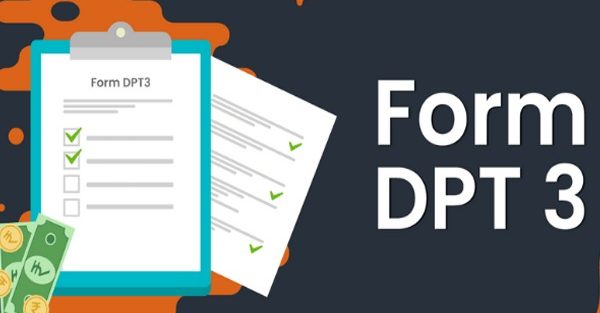The DPT-3 form under the Companies Act, 2013 is important because it helps ensure transparency, regulatory compliance, and accountability regarding the money a company receives from outside sources, particularly in the form of deposits or other funds.
1. Regulatory Compliance
✅ DPT-3 is a mandatory return filed under Rule 16 of the Companies (Acceptance of Deposits) Rules, 2014.
✅ It helps the Ministry of Corporate Affairs (MCA) monitor and regulate companies that accept money from the public or from other sources.
✅ Filing this form keeps the company in good standing and avoids penalties for non-compliance.
💼 2. Disclosure of Loans, Deposits & Advances
✅ Companies often receive funds from directors, shareholders, or other entities. DPT-3 requires them to disclose:
✅ Deposits (as defined under the Act)
✅ Loans
✅ Advances
✅ Any other non-deposit receipts
✅ It helps the MCA differentiate between “deposits” and “non-deposit receipts”, which have different regulatory requirements.
3. Corporate Transparency & Investor Confidence
✅ Accurate reporting builds investor and stakeholder confidence.
✅ It provides a clearer picture of a company’s financial structure and obligations.
📆 4. Annual Filing Requirement
✅ DPT-3 must be filed annually by all companies (except government companies) even if they haven’t accepted any deposits.
✅ This ensures ongoing compliance and keeps the company’s filings up to date.
⚠️ 5. Penalties for Non-Compliance
Failure to file DPT-3 can lead to:
✅ Penalties under Section 76A of the Companies Act, 2013
✅ Fines on both the company and its officers
✅ Legal consequences that may affect the company’s ability to raise funds or participate in tenders
📌 Who Must File DPT-3?
✅ All companies, except:
Government companies
Companies not accepting any loan or receipt in any form (still advised to file NIL return to be safe)
✅ Summary:
DPT-3 is a crucial compliance form under the Companies Act, 2013. It ensures proper disclosure of funds received by a company, strengthens financial transparency, and protects public interest by curbing unauthorized deposit-taking activities.


 India
India  Canada
Canada

